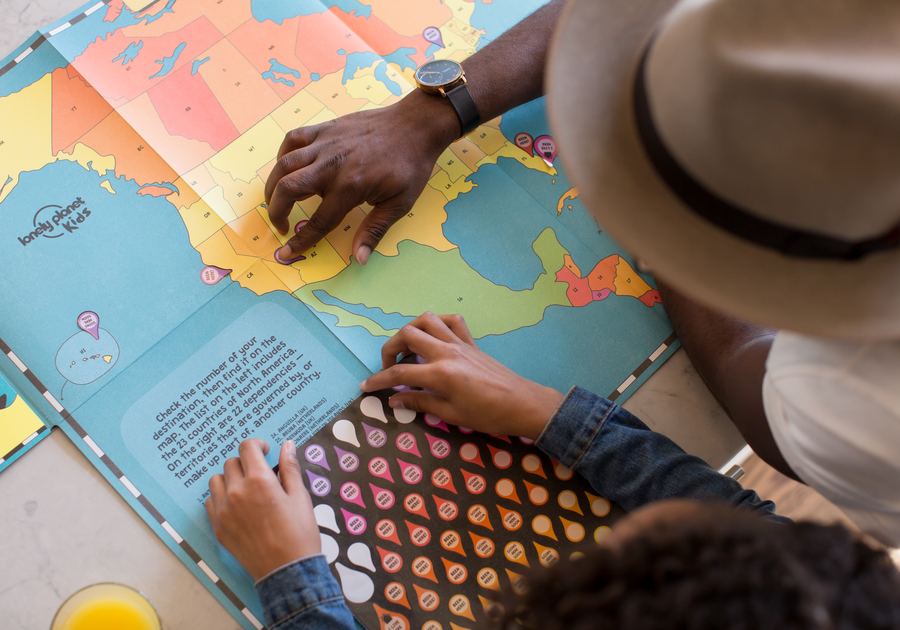There’s a lot of talk in education today about the importance of “grit.” This emphasis on determination and perseverance is not a new concept. Much of our focus is on developing children’s resilience early. We help our kids learn how to deal with disappointment or setbacks, and continue on.
Early childhood educators have a responsibility to help children face challenges throughout the day. When a child wants a turn with a toy someone else is using, teachers help them learn how to negotiate and wait. We help them conquer their natural instincts to grab what they want and instead provide them with the tools to handle the situation.
We tell children, “You can say, ‘I want a turn when you’re done.’ Or ‘Can I try that?’” We practice this over and over until children experience the usefulness of these tactics.
When a child starts a puzzle and then feels overwhelmed by all the pieces, an adult can help them by sitting together with them and providing helpful hints. Children are much more likely to keep trying if someone sits with them and provides encouragement. It doesn’t help when the grown-up does it for them, but rather offer clues for how to figure out which puzzle pieces fit together.
It’s important to know what your children are developmentally capable of – and have realistic expectations for them. For example, you can expect your three-year-old to be able to put on her shoes, but she probably won’t develop the dexterity needed for tying laces for another few years.
Sometimes, time is of the essence, and you don’t have the luxury of waiting for your child to manage to dress herself, but, whenever you can, you should build in the time for your child to try getting ready independently. When a child comes to school with his shirt on backwards and clashing pants, I say, “You got yourself dressed today. You must be so proud.” These may seem like trivial actions, but you are sending your children a message that you believe that they are capable. You are taking the time to cultivate your child’s abilities as well as his or her self-confidence.
However, I’m not suggesting that it’s best to ignore children’s feelings. Another component of grit is learning to deal with emotions. Saying things like, “I know it’s hard to wait for your turn,” or, “I see this is tricky, let’s try it differently,” helps children acknowledge that their feelings are valid, but that they can still continue trying.
Creating a smooth path for your children, sometimes called “lawnmower parenting,” does them no favors. These steps to developing grit – like expecting your three-year-old to put on his or her coat independently — may seem small, but they lay the groundwork needed for independence later in life.
As we adults know, life is full of ups and downs. Parents of young children can help them build the foundations that they need to believe in their own abilities by having faith in their capabilities and providing encouragement and support when they stumble.
Miriam Kalmar is director of Stephen Wise Free Synagogue’s Early Childhood Center (ECC) on the Upper West Side. The ECC provides children twelve months to five years with a nurturing and stimulating environment inspired by the world-renowned schools of Reggio Emilia, Italy, which value children as capable, strong, and rich with wonder and knowledge.
Macaroni Kid Upper West Side is the family fun go-to source for the latest and most comprehensive information in our area. Subscribe for FREE today and receive a one-year free parenting magazine subscription on us!



